Language Development Checklist [AD]
Are you worried about your child’s speech development? Do you have questions you’d love to ask a speech therapist? This speech and language development checklist was created from concerns expressed by parents. Each one is answered by a highly qualified speech and language therapist. Still have some questions? Head over to the noala website for access to a speech and language professional with no waiting list. They offer a free 10-minute call with a professional who will put your mind at rest or point you in the right direction if you do need some more help.

Language Development Checklist Section 1: Speech Development
How can I help my baby to start understanding speech and using words?
Play can be an engaging and motivating opportunity to model speech and language development for your child. Repetition is a key way for babies to learn.
What language skills should my child have at 2 years old?
- Expressive language skills: Your child can say one-word phrases, and has the ability to put two words together i.e. big car or red teddy.
- Receptive language skills: Has the ability to understand familiar words and phrases i.e. do you want more? Can follow 2 keyword instructions, such as “give me the TEDDY and DOLLY. Understands when you say no, and points to visuals.
- Play skills: Your child has turn-taking skills and can pretend play.
- Attention and listening skills: Your child is self-directed, but will allow others to shift their focus.
- Speech sounds skills: Your child is not always understood by familiar and unfamiliar listeners.
- If you want to learn more about communication milestones and other age groups, read more in this blog.
When will my child understand concepts like past tense and time?
Between 34 and 36 months, your child may start grasping what past tense is. Your child may refer to events in the past as yesterday but will understand basic differences in the future. For example, words like now, later, or soon.
Should my child be talking perfectly by the time they start school?
As an indication for expressive language, by 5 years old, your child should be able to use more than 1 action word in a sentence i.e. subject and verb. They can name letters, and numbers and tell short oral narratives. For example, about what happened at school. Your child also asks questions.
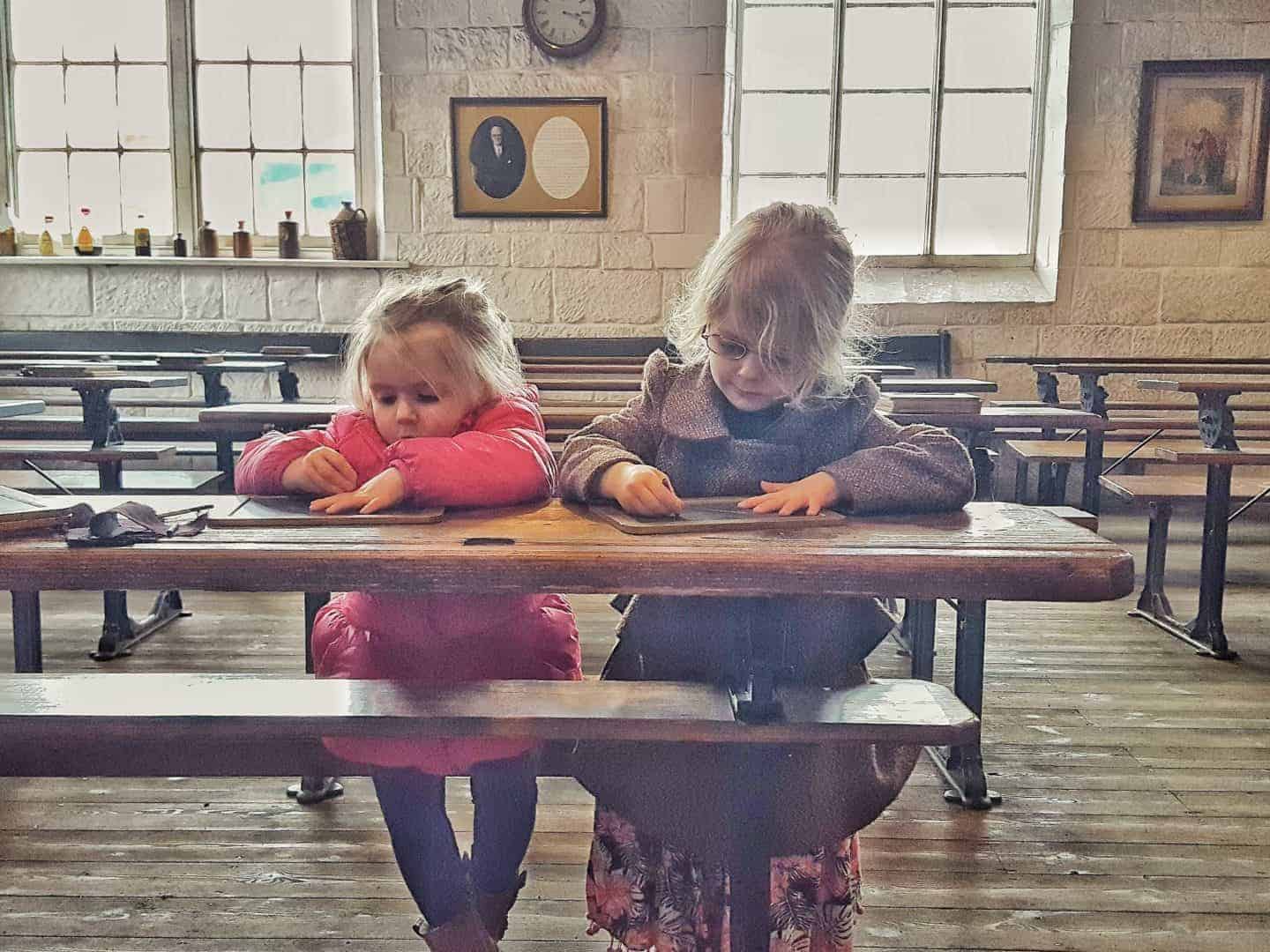
Language Development Checklist Section 2: When To Seek Help
My child is behind with their speech, when should I start to worry?
- It is essential for a family to track their child’s speech and language development from the very beginning. Each age group has communication milestones that should be reached by 75% of children. Every child works at their own pace.
- In your baby’s first year, it will be essential to track their first smile, cooing, and crying and whether they are able to follow sounds. An updated hearing assessment is recommended, as a hearing impairment can affect speech and language development.
- A guide for spoken language can be that by 2 years old, you should be able to understand 50% of your child’s speech. By 3 years old, 75% should be understood; by 4 years old, your child should be mostly understood, including by individuals who don’t know your child.
If my child has a speech impediment or lisp, will it sort itself out by a certain age?
Your may child may fall behind their other peers for a few years, which can affect their self-esteem, confidence, and academic performance. By 4.5 years old a lisp should have resolved, but if your child is still struggling with the “s” and “z” sounds, then speech therapy is required.
When should I think about speech therapy intervention for mispronunciation?
- Each child develops speech sounds at different ages. Here is a guide on what 75% of children achieve. For example by the age of 3, your child should be saying, “h as in he, zh as in measure, y as in yes, w as in we, ng as in sing, m as in me, n as in no, p as in up, k as in car, t as in to, b as in be, g as in go, d as in do”.
- If familiar or unfamiliar listeners do not understand your child, it may be worth speaking to your healthcare provider for advice.
Are speech delays usually indicative of other issues?
In some cases, they can be. It is recommended that your child has an assessment, as it will be a useful way to address this.
My child has a tongue tie that wasn’t diagnosed as a baby. They have no speech delays or impediments, will the tongue tie affect them in later life? If so, what should I do about it?
In most cases, side effects of a tongue tie can impact everything from your child’s oral and dental health, all the way to their ability to sleep. Tongue tie exercises are sometimes recommended to adults, in aid to reduce their symptoms without surgery.
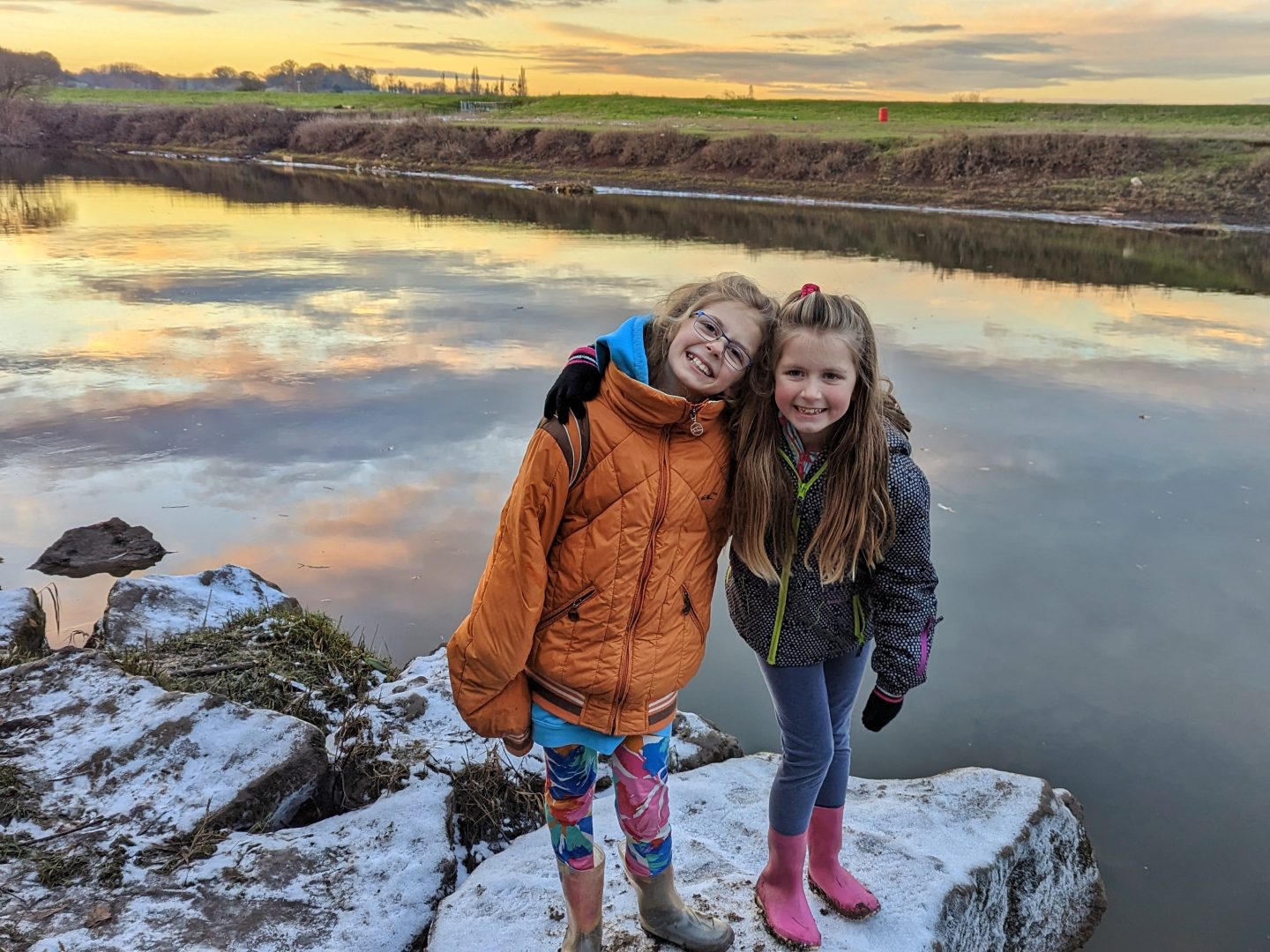
Language Development Checklist Section 3: What Help Is Available?
What resources are available to help my child with their speech development?
- At noala, we’re on a mission to make speech and language therapy mainstream. Our platform offers online speech therapy, thanks to parent-led therapy plans. After setting up a baseline during an assessment, families are able to access their personalized program. These programs include interactive clinically-backed digital exercises and coaching videos from our Clinical Director.
- Our first program Communication Boost focuses on fostering children’s first words and sentences. Our program is a 6-week therapy plan, building from following simple language tasks to more complex, across 3 different levels. We currently support children aged 1-7 during their communication journey. Each child works at their own pace. Families are excited for the next sessions, as they can have engaging play times with their children and improve speech and language development.
- Our speech and language professionals guide you every step of the way, with weekly coaching calls for support. If you want to learn more about how we can support you, feel free to book a free call with our speech professionals here.
How can I get a speech and language assessment for my child?
- What is a speech and language assessment? A speech and language therapy assessment is when a speech professional works alongside a family to evaluate a child. When your child is being assessed, professionals identify whether or not there are speech, language, and communication difficulties.
- Why do you need an assessment prior to therapy? In order to start therapy, we want to know your child’s strengths and what your child finds difficult, to create a tailored therapy plan for your child.
You can get referred by your local healthcare provider to a speech professional or you can go private. At noala, you can book an assessment with our speech professionals through our online link here. There is no waiting list and it costs £132 with a clinical report. This report can be shared with your child’s nursery/teaching staff, GP, or childminders. Your child’s report will be written and sent to you within 1 week.
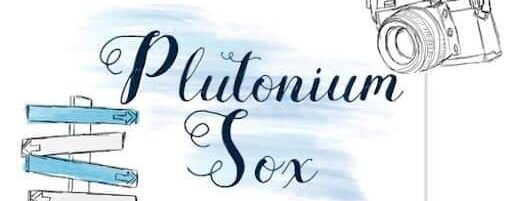
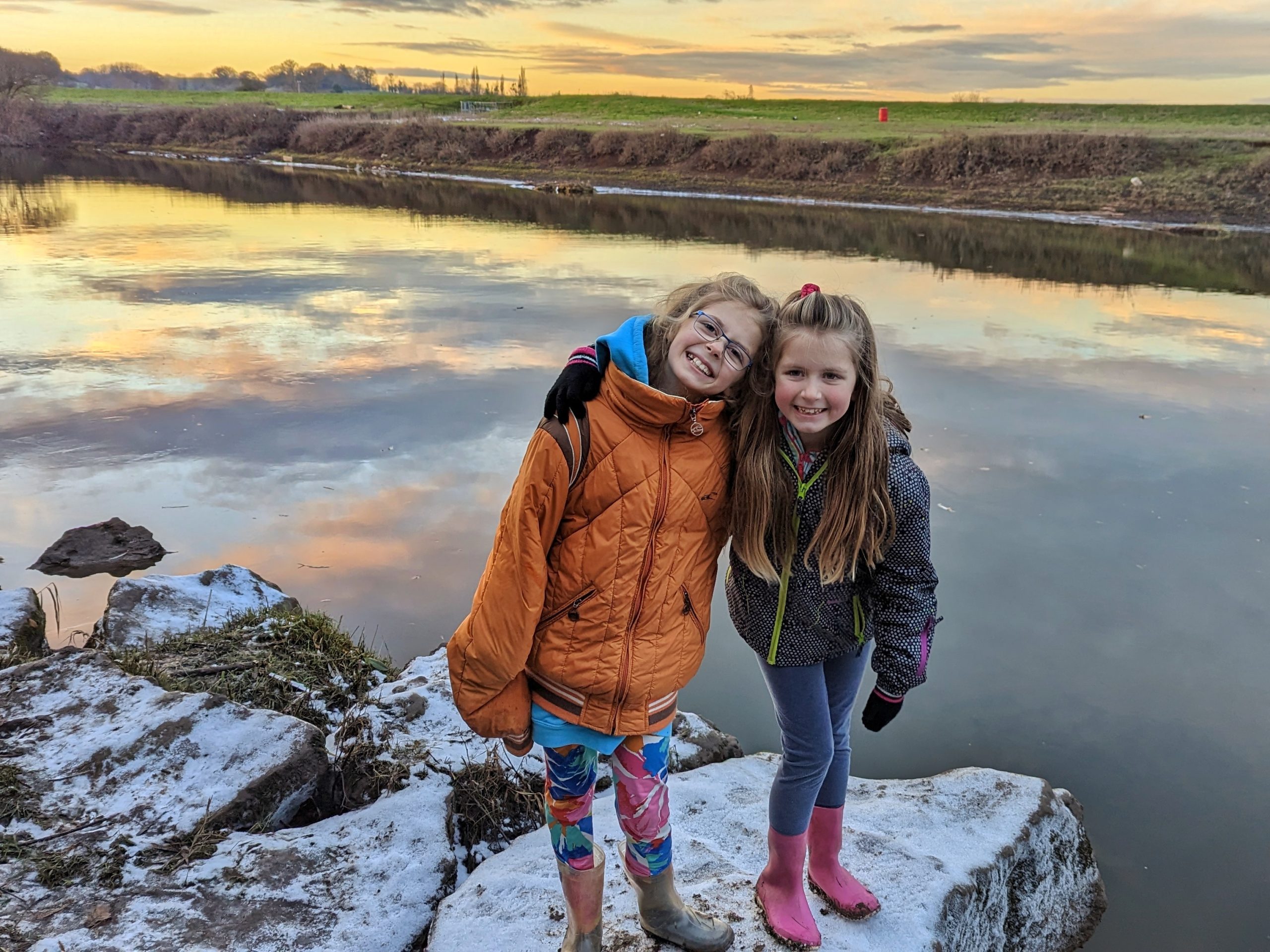
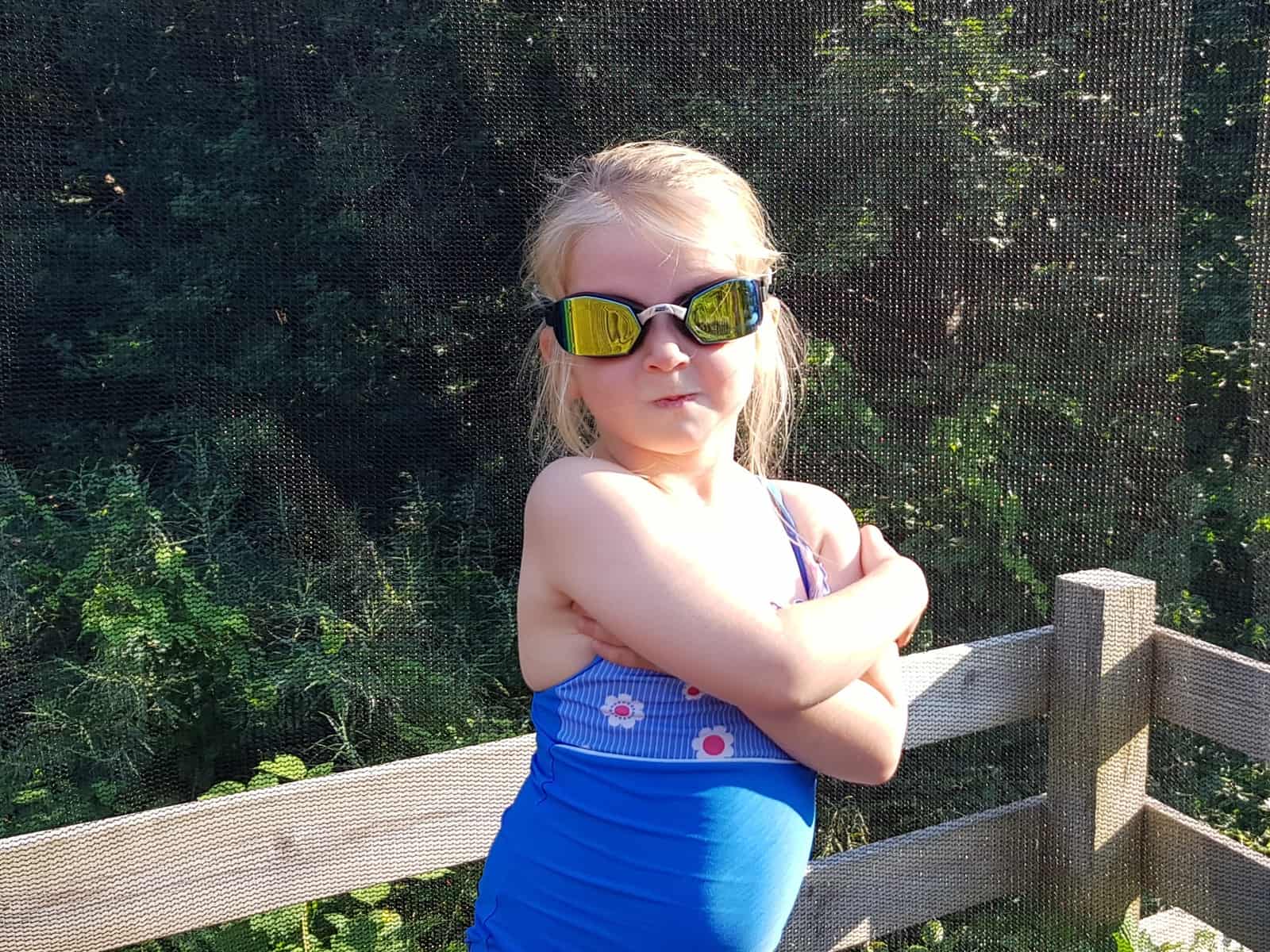
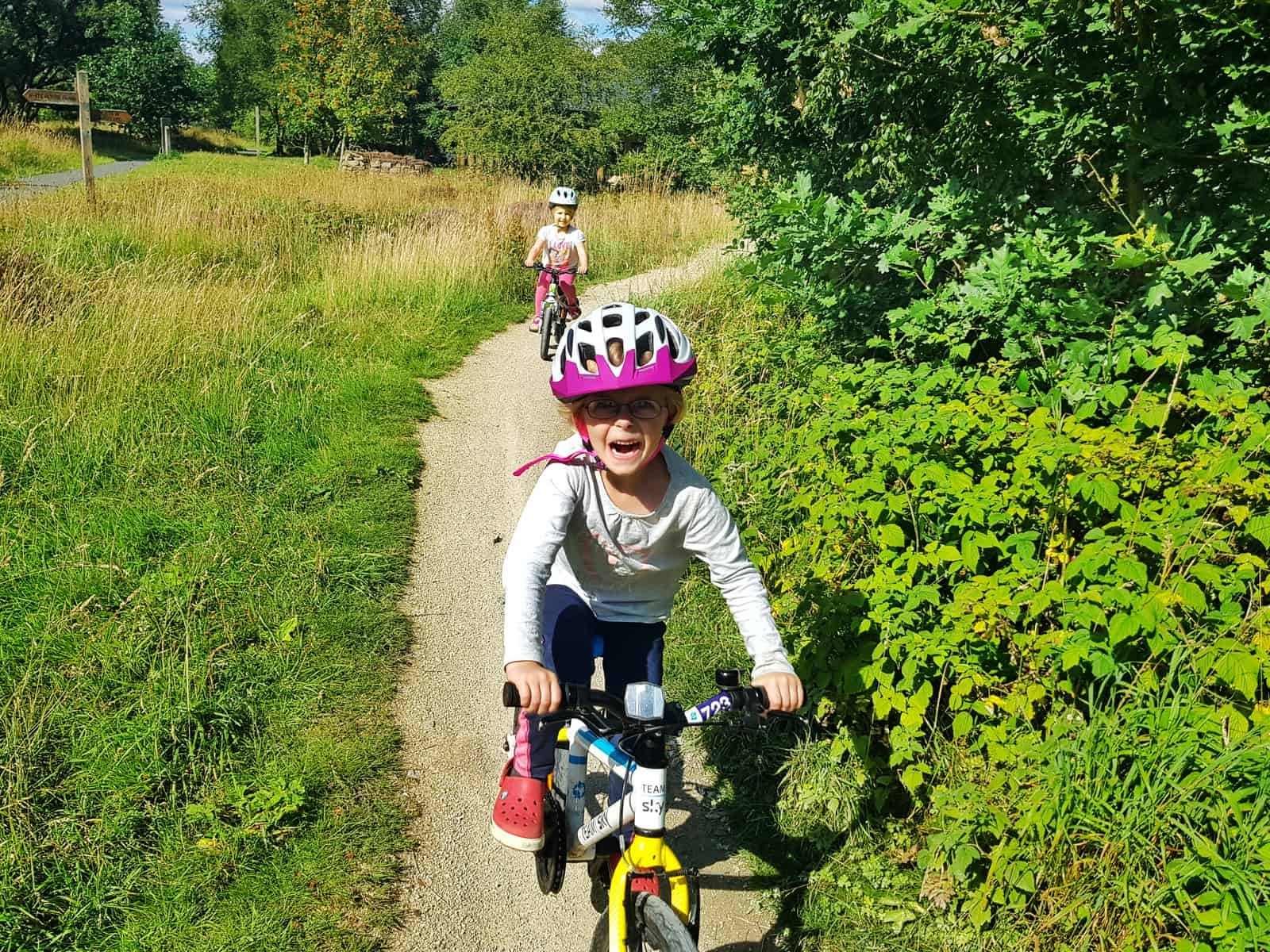

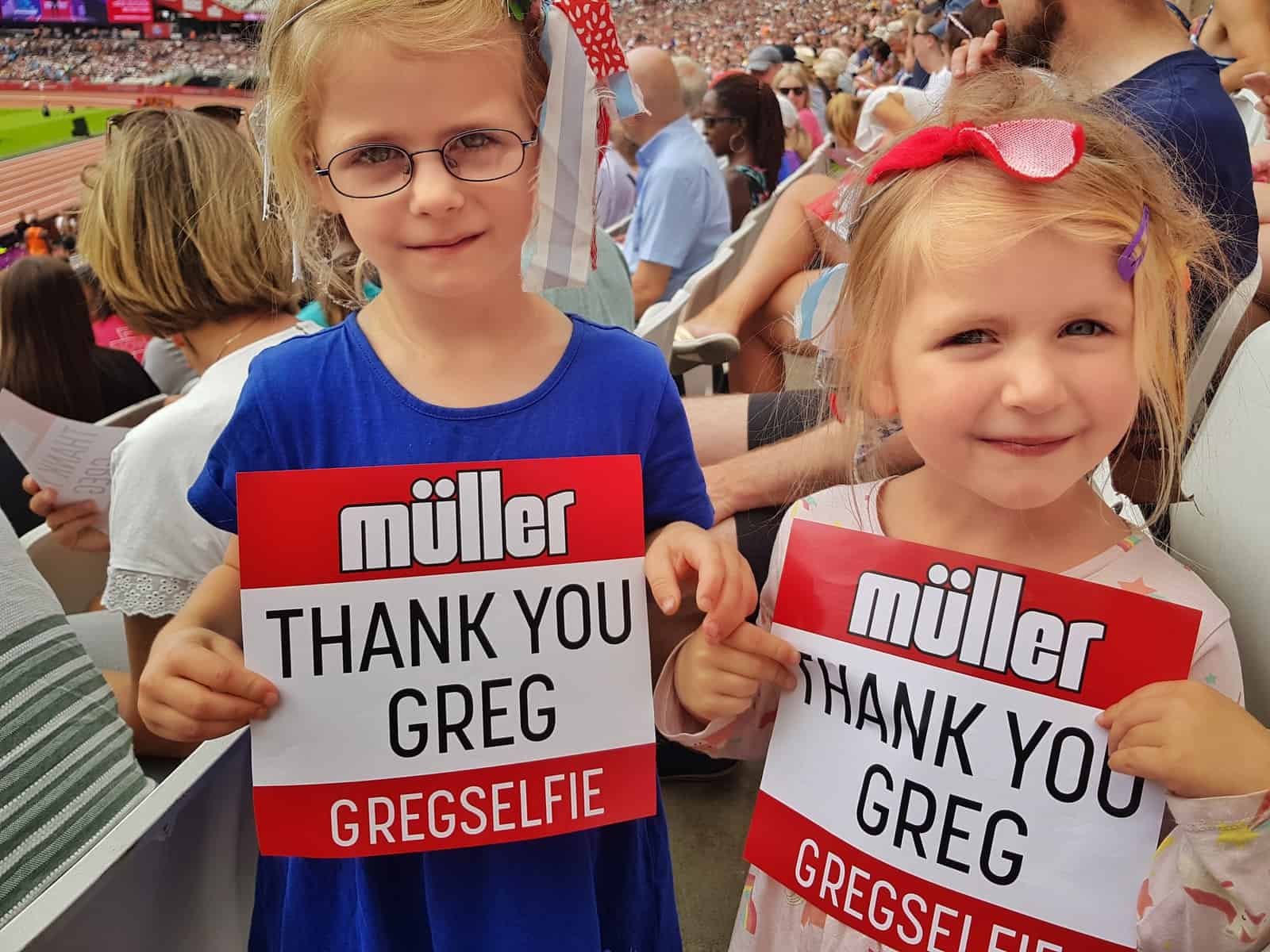
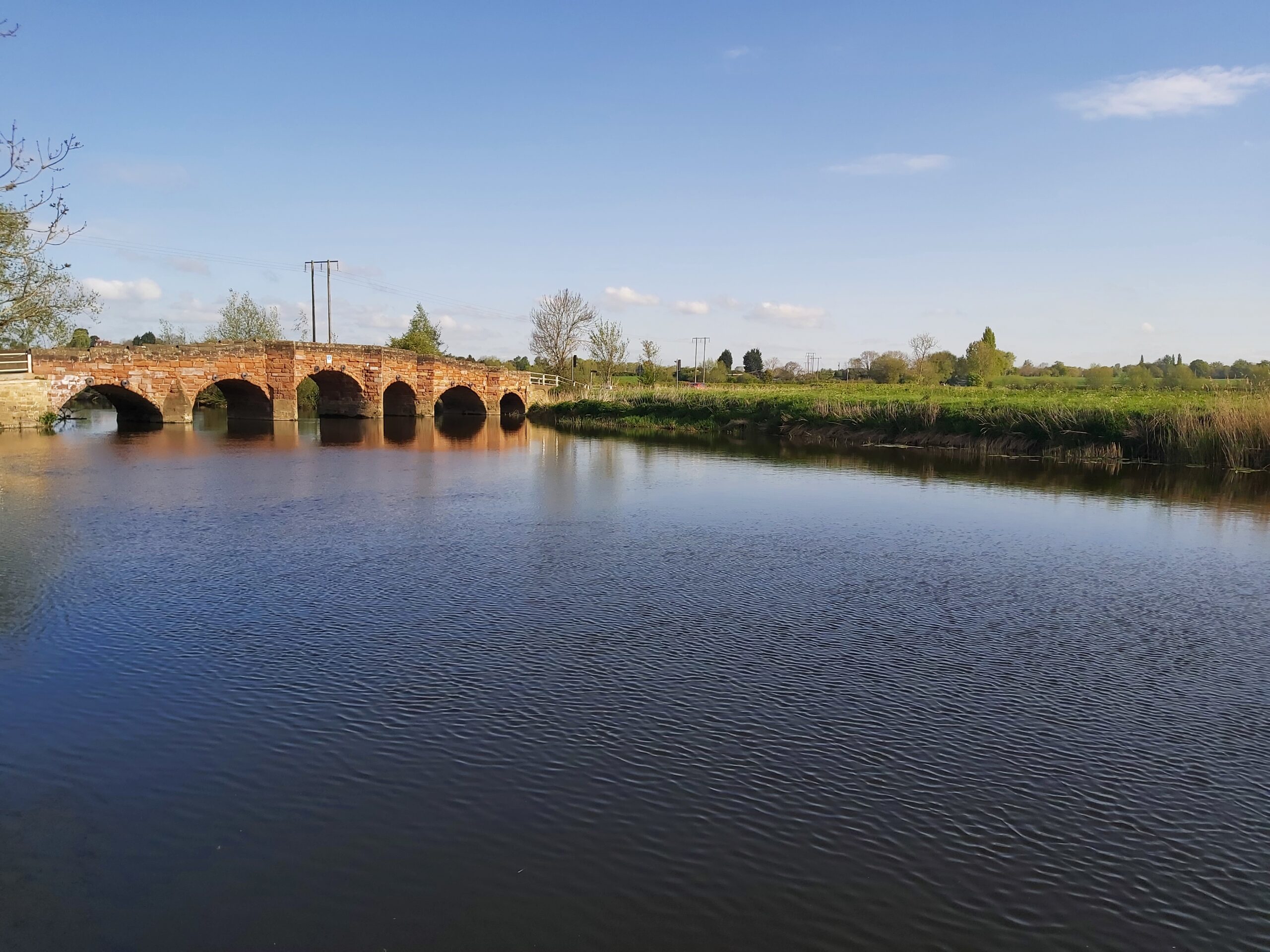
![A Winter immune boost with BioCare [AD]](https://plutoniumsox.com/wp-content/uploads/2018/11/20181115_141734-01.jpeg)